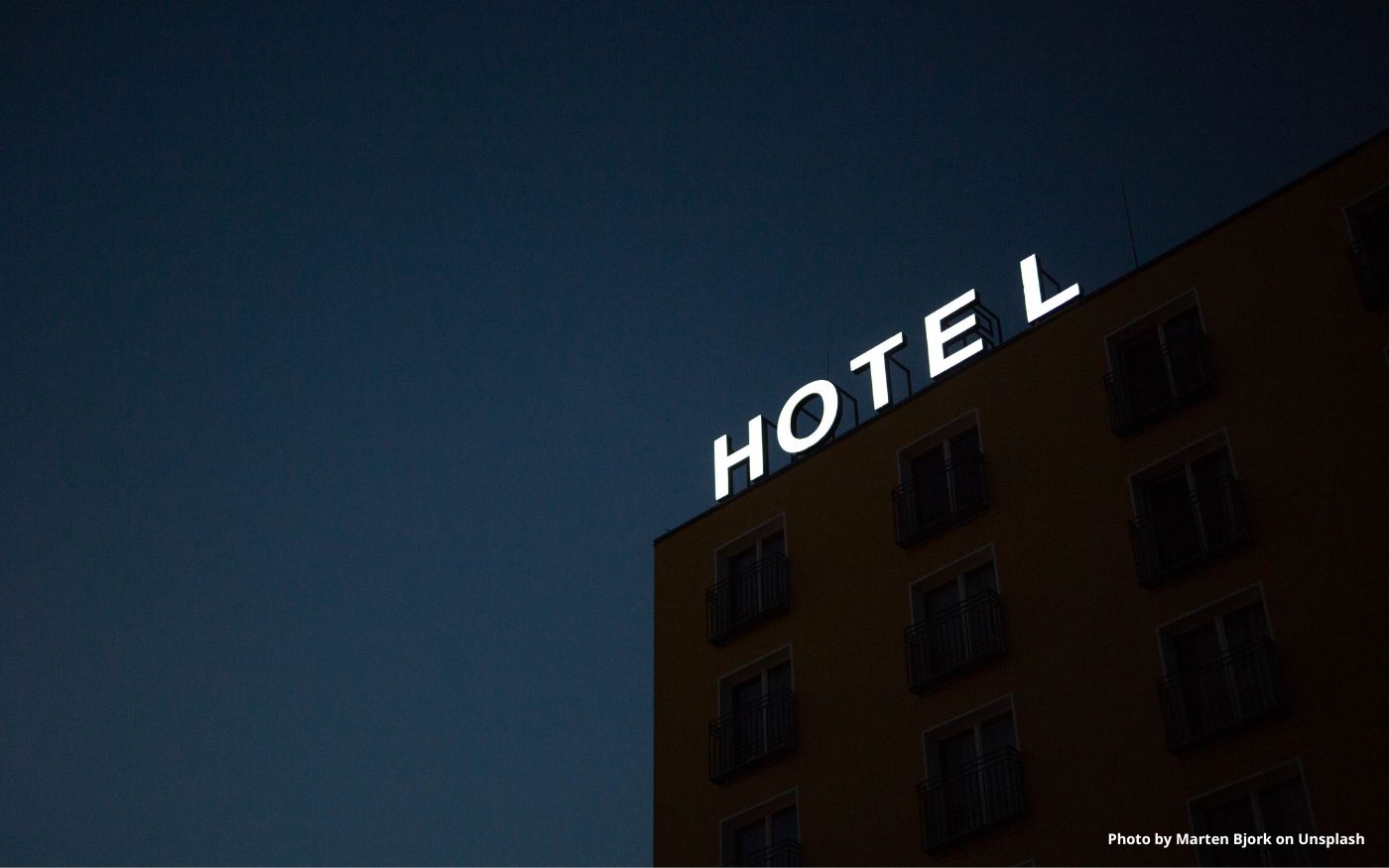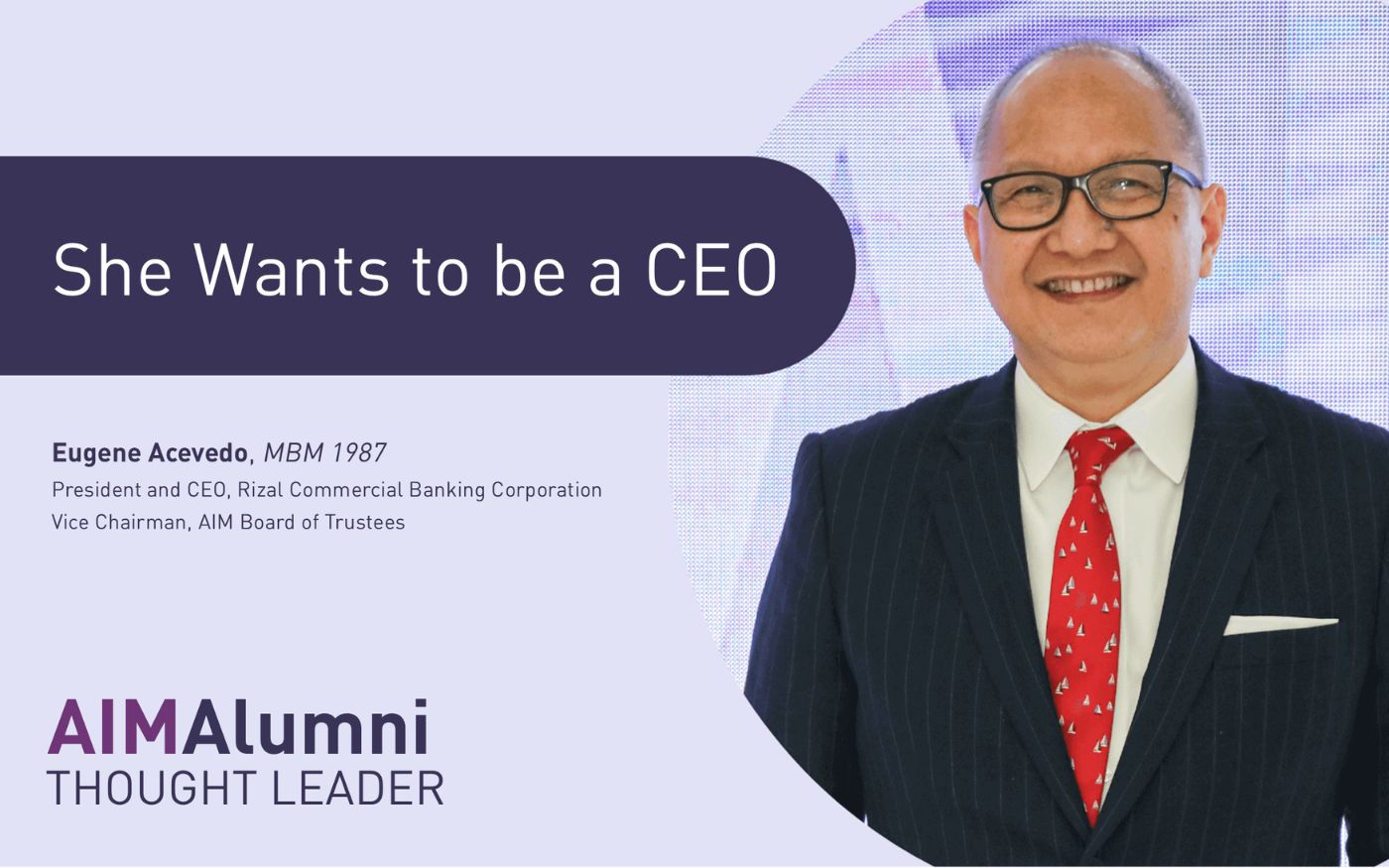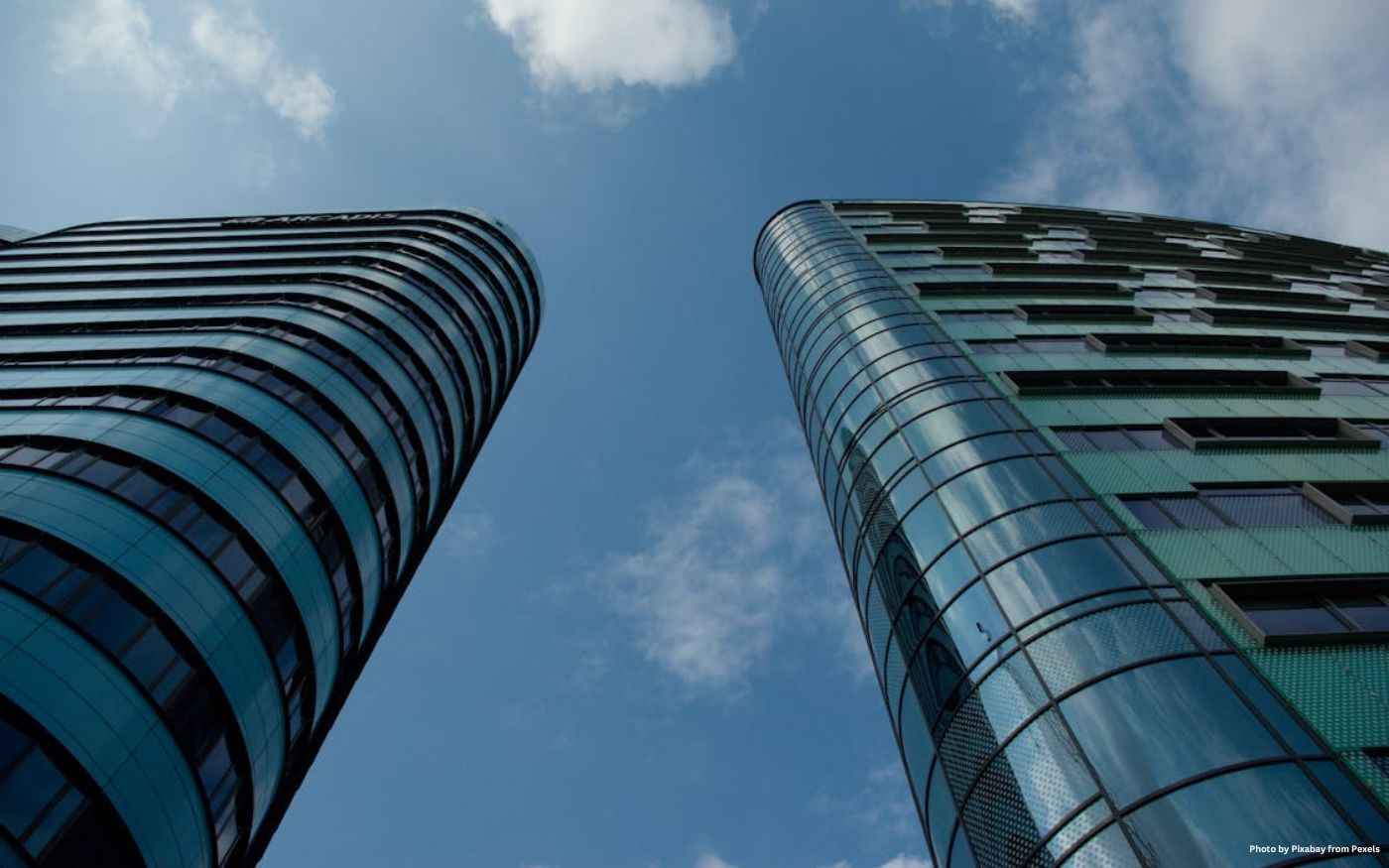Research by: Jones Mathew, Sujata Khandai, & Sandeep Puri
Abstract
Lebua Hotels & Resorts, based in Bangkok, Thailand, and headed by chief executive officer Deepak Ohri, is a much-awarded luxury hotel chain. Since the early 2000s, it exposed the traditionally slow-moving luxury hospitality industry to a slew of path-breaking innovations. Before the COVID-19 pandemic, Ohri had taken unorthodox paths to define luxury hospitality. However, as the pandemic began to ebb, he had to convince the industry of his vision of what luxury hospitality was and should continue to be. His positioning strategy for Lebua had been very effective and having won numerous awards in the luxury category, Ohri was contemplating, with his executive team, the next level of innovations needed to bring the company to the top of its post-pandemic peer group.
Learning Objectives
The case can be taught at the postgraduate level in marketing management courses in a luxury marketing module; services marketing courses in positioning, branding, service-profit chain, and services marketing excellence modules; and in a marketing strategy/strategic marketing course in a module that discusses restrategizing after a long-lasting crisis. The case identifies certain pressing issues lebua was facing. Some of these dilemmas might have been linked specifically to the short-term effects of the pandemic; others might have been more fundamental issues with long-term effects on the industry itself. Students analyzing this case may deliberate on the challenges and discuss strategies that might have helped the luxury hotel brand pursue solutions to survive and thrive in the coming decade. After working through the case and assignment questions, students will be able to
- appreciate the challenges faced by the hospitality industry due to COVID-19;
- understand the factors that affected customer expectations and perceptions;
- attempt a redefinition of what luxury could have meant in a post-pandemic world;
- analyze people-retention and revenue-source issues and their impact on delivering value to discerning
- luxury hospitality customers in a post-pandemic world; and
- evaluate the need (or lack thereof) to expand the service brand footprint into other geographies.
To cite this case: Mathew, J., Khandai, S., & Puri, S. (2022). lebua: A Thai luxury hotel’s post-pandemic dilemmas. Ivey ID: W25819. London, Canada: Ivey Publishing.
To access this case: https://www.iveypublishing.ca/s/product/lebua-a-thai-luxury-hotels-postpandemic-dilemmas/01t5c00000D6GoJAAV





